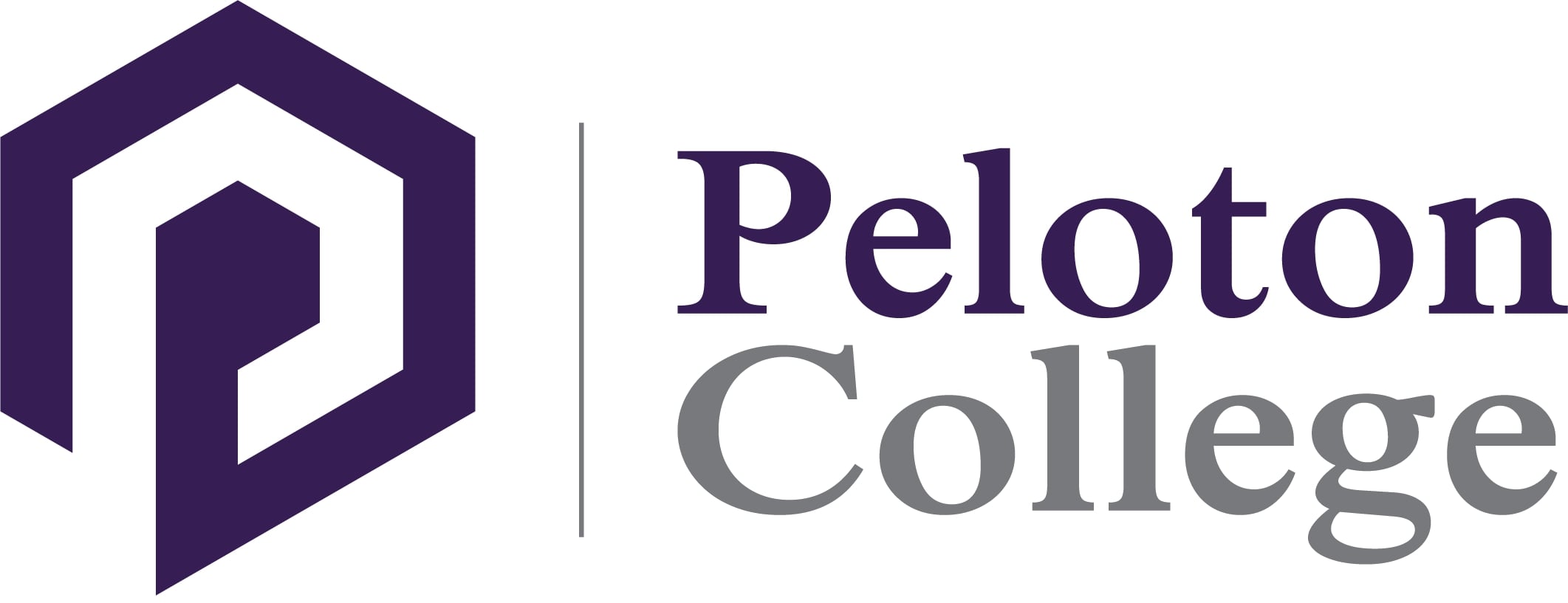What are Cybersecurity Tools?

Cybersecurity is both an exciting and enticing field, but it can also seem somewhat mysterious. Cybersecurity is, by definition, on the cutting edge of technology. Cybercriminals are always looking for new ways to compromise a system’s security, and cybersecurity experts need to always be one step ahead. This where cybersecurity tools come in.
What are Cybersecurity Tools?
The need to stay ahead of cybercriminals means that cybersecurity experts will have to master a wide variety of advanced tools. These cybersecurity tools cover a range of different technologies. However, the following selections comprise the most important part of a cybersecurity expert’s toolkit:
Firewalls
Firewalls have a visually dynamic name that conjures up an image of a forcefully impenetrable barrier. As powerful as that image is, the reality is even more impressive. A standard wall keeps everyone out, but a firewall acts as an intelligent barrier around computing resources, only keeping out bad actors.
Firewalls are more like manned gates than they are actual walls. A firewall sits between a computing device and the larger digital network. When network activity tries to communicate with the computing device it first needs to get past the firewall. Network activity is rejected or allowed by the firewall based on a ruleset created by cybersecurity specialists. Part of a cybersecurity specialist’s job involves knowing which ports on a system need to be accessible through the firewall and how to properly regulate that traffic. They will set firewalls to handle more broad-reaching attacks that operate through widely known mechanisms.
Antivirus Software
Antivirus software is familiar to most people. It’s common for modern desktop systems to arrive with some form of antivirus software preinstalled, but a cybersecurity specialist needs to use antivirus software in a more proactive manner. One of the most common situations is larger-scale deployment within a company.
Antivirus software needs to be properly installed, maintained, and updated. This is an easy task when performed on a smaller scale. For example, it’s easy to update antivirus software on your laptop, but it becomes more difficult when working on an enterprise-level scale. Keeping the various operating systems and hardware models up to date with the latest antivirus software and patches requires a proactive strategy. However, when done correctly this will effectively shield a company’s computer system from some of the most dangerous cyber threats. Updated antivirus software will neutralize a virus that comes through internally or externally within a system.
PKI Services
PKI (Public Key Infrastructure) services refer to many different subjects under the larger banner of encryption. PKI can be thought of as a lock and key system. Encryption locks data down so nobody can read it during transmission. And this data is, in turn, decrypted through the use of a digital key.
This might sound like a complicated and esoteric practice. However, it’s almost certain that you’ve used some form of PKI services in your normal life. In fact, this happens every time you load a website that uses HTTPS instead of HTTP. HTTPS uses SSL (Secure Socket Layer) and TLS (Transport Layer Security) to protect data between the origin point and recipient. This is why commerce sites use HTTPS. It uses PKI services to protect your credit card information from anyone who might be eavesdropping on your Internet connection. Cybersecurity specialists need to implement and maintain PKI services within a corporate setting to keep both internal users and outside customers safe and secure. This includes managing certificates and security for websites, but it also means working with PKI implementations for other services like command-line interfaces over the network (SSH).
MDR Services
MDR (Managed Detection and Response) services operate as a third-party resource for companies with cybersecurity concerns. Most cybersecurity threats can be handled on-site through a company’s own IT department and security experts, but sometimes a particularly worrisome threat becomes known. For example, an on-site cybersecurity expert might concentrate on keeping viruses or worms off of the internal systems. However, if something like a worm with a ransomware payload did infect the larger system then it might call for off-site resources.
Penetration Testing
Penetration testing can be thought of as both a security exercise and a set of tools. Penetration tests, or pen tests, refer to a documented attempt to break into a company’s network or individual computers. It’s similar in most respects to hacking. The main difference is that penetration testing is done legally and with full knowledge of the system’s owners. As security experts work through a penetration test, they document the security flaws they were able to successfully exploit. These flaws can then be fixed to ensure unethical hackers aren’t able to use them in a similar way.
Cybersecurity specialists use their knowledge of security tools to implement penetration testing. As such, penetration testing can be thought of as something that uses the entire toolkit rather than a specific tool within it.
Password Auditing
Password audit tools are automated software that attempts to breach system security using passwords. The software will use a combination of randomly generated and frequently used passwords to breach security. Password auditing is a simple process that can quickly highlight huge security issues within a company.
A password audit comes before the review of a company’s larger cybersecurity policy. The audits are also commonly used during penetration testing. For example, cybersecurity specialists might run a password audit tool to gain access to an employee’s account.
SQL Injection Tool
SQL (Structured Query Language) is a programming language used in databases and systems that interface with databases. This is often a point of failure in system security since databases store everything from website information to a company’s financial data. Hackers look for ways to break into a company’s databases through SQL vulnerabilities, and this is accomplished through automated SQL injection tools. These tools can automatically run through various SQL commands to gain access to a system’s larger database.
Cybersecurity specialists use these same tools as part of penetration testing. It’s important for cybersecurity specialists to know about the most popular SQL injection tools to properly protect systems against hackers using them maliciously.
Nmap
Nmap is one of the most popular and powerful tools for network monitoring and mapping. It can work with almost everything related to networking in one way or another. Nmap can be thought of as a digital Swiss army knife for anyone working with networks.
As the name suggests, Nmap can map out all of the devices connected to a larger digital network. However, Nmap does far more than just detect these individual nodes. The program can also be used to detect their underlying status. For example, a security specialist can see what operating system is running on individual nodes, and it can even delve deeper and show the individual services running on those operating systems. All of this can be used to chart out specific vulnerabilities. Nmap even works with custom scripts to allow cybersecurity specialists to automate specific tasks. Consider a situation where a cybersecurity specialist hears about a SQL vulnerability on MySQL instances running on Linux. Nmap could easily search through the network to find all Linux systems running MySQL.
Nikto
Nikto is similar in some respects to antivirus software. However, it targets issues with web servers instead of specific viral packages. It’s important to keep in mind just how much a webserver does. These systems are often the glue that holds together different services while also acting as a gateway to the outside world.
The fact that webservers sit between internal systems and the outside world poses a number of risks. For example, SQL injection attacks often use web interfaces as a launching point. This can only be possible if the underlying web server software was not updated with the latest security patches. Cybersecurity specialists can use Nikto to automatically search through web servers to ensure that they’re up to date. This can also be leveraged in a few different ways such as informing cybersecurity specialists of vulnerabilities in the web servers that may be susceptible to hackers thus aiding the cybersecurity specialists to ensure webservers are as secure as possible.
Burp Suite
Web server vulnerabilities are inherently dangerous to a system’s security, and this also applies to applications that run through web servers. In fact, these are often more difficult security risks to pin down. Web apps receive special permissions to access more secure areas of a server or its database, and this can open security holes if a hacker can compromise the app.
Burp Suite is a large-scale collection of tools that can test web apps for security issues. One of the most interesting aspects of the suite stems from its platform-agnostic nature. It’s written in Java and runs on multiple systems. It analyzes web apps through a process that’s not dependent on specific application frameworks. It can run almost anywhere and analyze almost any type of web application. Cybersecurity experts use Burp Suite for both penetration testing and to test a company’s web apps for problems before any official deployment.
Bonus Tool: Staff Training and Education
Training and education are the final, and perhaps most important, tools for cybersecurity specialists. You’ve seen a wide variety of technical tools and exercises but the best resources in a company are the people working within it. A large number of security vulnerabilities are only a danger if employees aren’t watching out for them. For example, many viruses, worms, and similar threats have been introduced to company systems through pen drives or other external storage devices. However, all of those problems can be neutralized by educating employees about their risks.
Cybersecurity specialists can educate their less security-minded coworkers about potential threats. This can include warnings about using unauthorized hardware or opening unknown attachments. Cybersecurity experts can also educate coworkers on password policies, email concerns, issues with secure account management, and any of the findings involved with penetration testing.
Want to Learn More?
The Associate of Applied Science in Cybersecurity training program prepares and supports you in obtaining several certifications in support of a career in cybersecurity including CompTIA’s A+, Network+, Security+, Linux+, Pentest, & CySA+. AAS in Cybersecurity training program graduates will typically qualify for entry-level employment in roles such as Information Security Analysts and Computer Network Support Specialists.
The mission of Peloton College is to be the premier provider of hands-on training and education by providing you with the necessary skills to secure occupational careers. Contact us today to learn more.



